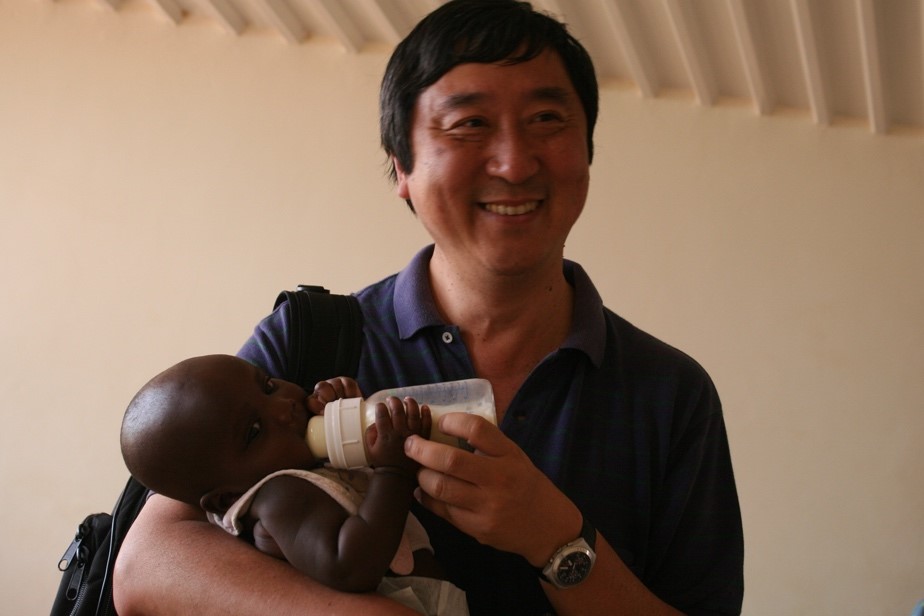Published on 4 September 2023
Another Type of Doctor
Professor Joseph Sung
Dean, Lee Kong Chian School of Medicine
Today, I received a book from a friend, Dr. Emily YY Chan, Professor and Head of the Division of Global Health and Humanitarian Medicine in Hong Kong, entitled Disaster Public Health and Older People. Globally, during the decade of 2005-2014, 70% of disaster-related damages were caused by geological disasters such as earthquakes and tsunamis, while 87% of the affected populations and economic damages were caused by climate-related disasters. In this period, statistics show there were 0.7 million deaths, and 1.7 billion were affected, leading to economic losses of US$1.4 trillion in total. Older people and youngsters suffered the most during such disasters, as well as after the disasters when healthcare services are disrupted.
I know Emily since she was a young graduate from medical school and joined the university as a public health doctor. Over the years, she participated and led numerous trips by Medecins Sans Frontieres (Doctors without Borders) to provide basic medical care for the poor and under-privileged in developing countries, and disaster relief to populations hit by typhoons, earthquakes, floods, droughts, even war. Emily has been leading groups of doctors and medical students, using the most primitive equipment, prescribing a few very basic medicine and providing the best healthcare to those who need it most.
The book describes how her medical team teaches about preventing infectious diseases such as cholera where clean water is scarce, taking care of refugees who were displaced from home because of war, advising on proper nutrition and personal hygiene in rural villages and deserted areas in every corner of the world. Flipping through the pages,

I started to reminisce about my little experience of humanitarian work in an HIV village in Uganda led by a charity organisation called Watoto some 10 years ago. This is a village taking care of thousands of children whose parents were lost to HIV infection. They built simple homes housing 6 – 7 and hired HIV widows to take care of these children as their “mother”. They ate and played together; they attended school together and they took care of each other like a real family.
Leading a group of university students to work in a place where power could be cut off every day, mosquitos and flies were part of the atmosphere, and where clean water was insufficient so baths could only be taken before 5pm, and daily food was mashed bananas that tasted awful, was quite an experience for me. Every day, I was asked to see dozens of patients in a primitive clinic with various medical conditions, which present in classical textbook description of acute cholecystitis, diabetic neuropathy, or trauma of the limbs. Practising medicine with no CT scan but relying on physical examination, eliciting clinical signs and listening intently to patients’ complaints, feeding babies (HIV orphans) with milk bottles and explaining to widows and orphans the importance of oral hygiene and vaccination, was such a fulfilling experience for me as a hospital specialist practising only in tertiary hospitals for decades. It is quite amazing that only when placed in such an environment, you begin to appreciate how lucky we are in the healthcare profession.

As I watched these HIV orphans studying and playing at school, with their faces bright with hope and happiness, I could not help but admire them, seeing how human beings are so resilient in times of difficulties.

“The biggest disease today is not leprosy, or tuberculosis, but rather the feeling of being unwanted.” ~ Mother Teresa
